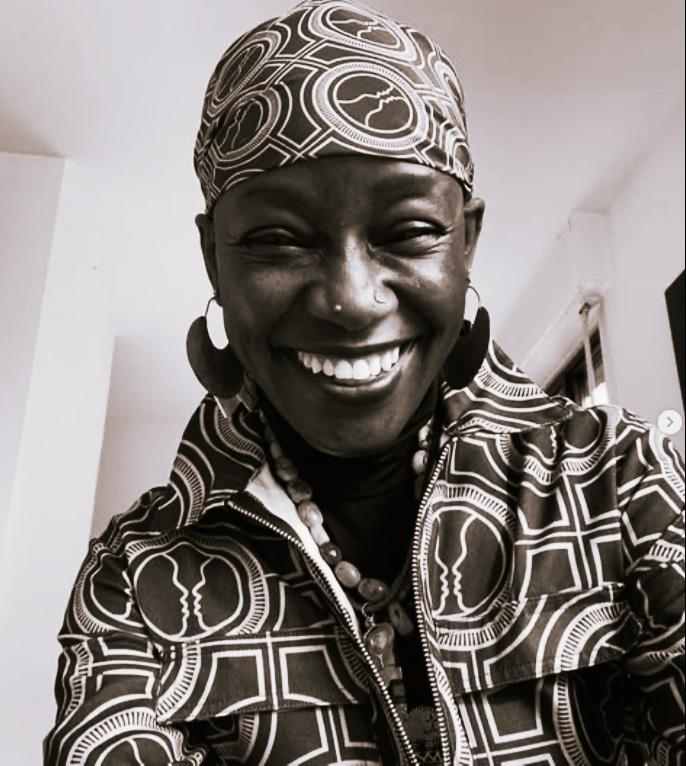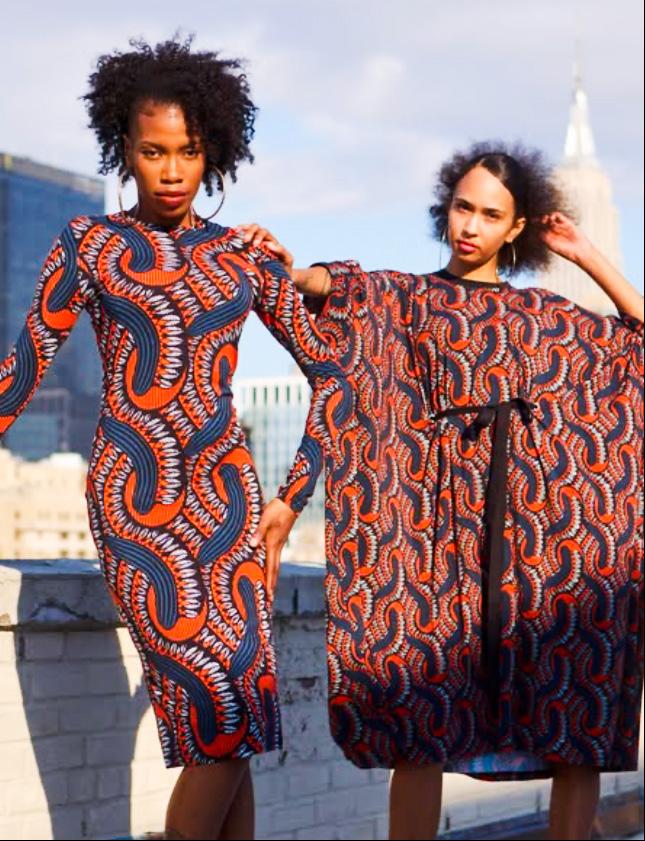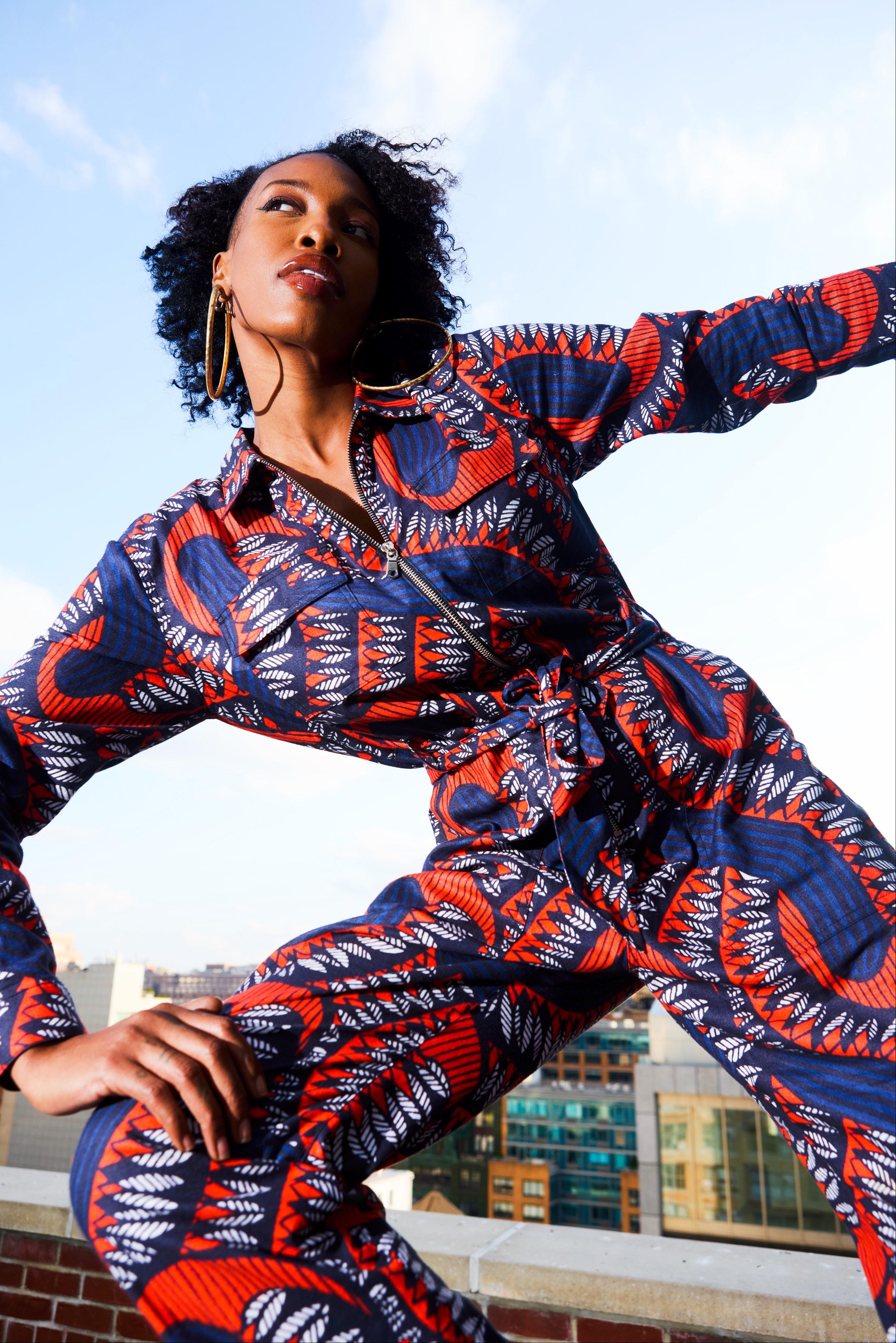
2 minute read
BREAKING THROUGH IN NEW YORK
After studying fashion in London, Lola moved to New York City in the early ’90s. She found work at Charivari, a high-end boutique where her bold personal style quickly drew attention. “People constantly commented on the way I dressed,” she says. One of those people was Charivari President Barbara Weiser, who helped Lola launch her first line.
From there, Lola’s career skyrocketed. She traveled the globe, her work appeared in major fashion magazines, and she even had a piece featured in the Metropolitan Museum of Art’s Costume Institute. As one of the few Black women in the fashion spotlight at the time, Lola carved out a bold and necessary space.
But success came with a cost. After years of intense commercial momentum including international sales and press Lola stepped back.
“I realized I wanted something more authentic,” she says. During her hiatus, she reflected on the fashion industry’s impact on the environment and on traditional communities.
This led to the creation of Lola Loves Cargo, her first sustainable line focused on joy, heritage, and eco-conscious practices.
Lola Faturoti Loves was born from a long-standing idea: to reinvent denim by fusing it with bright, expressive prints inspired by African outdoor markets. “I wanted to make denim more joyful,” she says. “It’s a canvas for self-actualization.”
One of her signature motifs? Printed bicycle chains. “Bicycles symbolize timeless mobility. Across cultures, they've allowed people especially women to go farther. That freedom is what I want my designs to stand for.”

Thanks to a partnership with Resonance’s create. ONE platform, Lola is bringing innovation and sustainability into perfect alignment. Her line avoids overproduction by only printing garments after they're ordered on organic, biodegradable fabrics using 40% less ink and 50% less water.
“There’s no excess, no waste,” she says. “This is fashion made responsibly, with joy and purpose.”
At its core, Lola Faturoti Loves is about transformation not just of fabric, but of identity, spirit, and space. It is rooted in culture, committed to the planet, and driven by a belief that clothing can empower and uplift.



